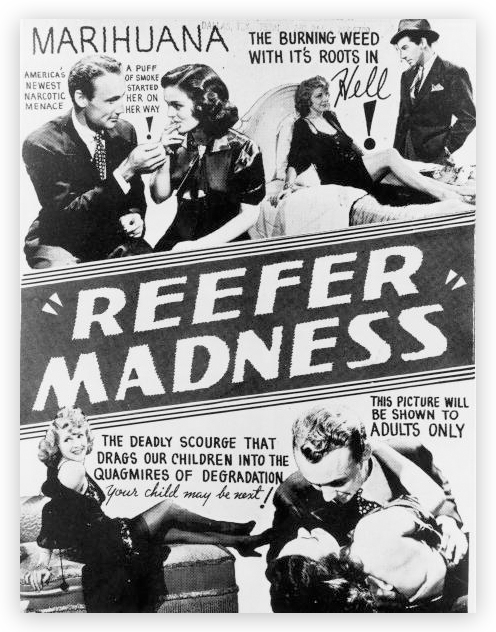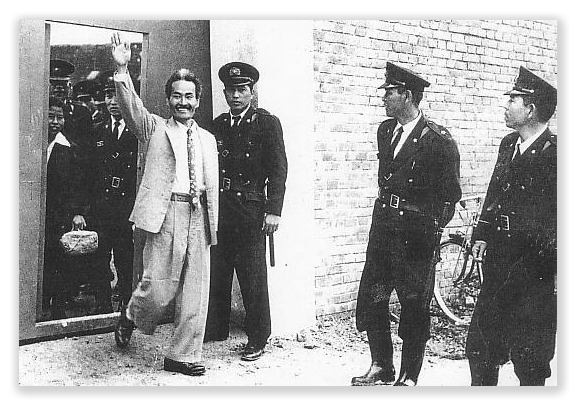We post news and comment on federal criminal justice issues, focused primarily on trial and post-conviction matters, legislative initiatives, and sentencing issues.

FAIR SENTENCING ACT RETROACTIVITY HELPING CAREER OFFENDERS, TOO
Section 404 of the First Step Act, which authorizes the retroactive application of the 2010 Fair Sentencing Act to people sentenced for crack cocaine offenses before its enactment, is already opening the jailhouse door for some inmates.

Prior to 2010, crack cocaine was treated by the law with a level of hysteria that made “reefer madness” seem rational. A defendant caught with 10 grams of crack was treated as though he had a kilo of powder cocaine. The Fair Sentencing Act, passed in 2010, reduced this 100:1 ratio of crack to powder to 18:1, a ratio still untethered to reality but the best the bill’s sponsors could negotiate with some Senate holdouts. Still, the Act meant that a defendant had to be caught with 28 grams for a mandatory minimum five years in prison rather than a mere 5 grams.
The other concession the bill’s sponsors had to make in order to ensure the measure’s passage was to agree that the Act would be prospective only, that is, apply only to people sentenced after the measure was enacted. It took eight years for another bill, this one the First Step Act, to do what should have been done in 2010, and that is to treat the guy sentenced on August 1, 2010, the same as the guy sentenced two days later.
The Sentencing Commission has lowered the drug guidelines twice since 2010, and each time made the change retroactive. However, retroactivity did not help guys who had mandatory minimum sentences under 21 USC § 841(b)(1) that would no longer be as onerous if the Act had passed. Likewise, a lot of defendants had had two qualifying prior cases, and were thus considered career offenders under the Guidelines. Career offenders have been deemed by the courts to not have been sentenced under the drug quantity guidelines, and thus the Sentencing Commission’s changes to those guidelines did not benefit them.
But now, a weird effect of the retroactive Fair Sentencing Act is giving hope to guys who sentenced as Guidelines career offenders in crack cases.

Logan Tucker was convicted in 2001 for a crack offense. His original 262-month sentence was driven not by a statutory mandatory minimum, but rather by the Guidelines career-offender provision. Although Logan’s sentence for a crack offense was driven by the Guidelines rather than a statutory mandatory minimum provision, he was not previously eligible for a 2-level reduced sentence due to retroactive Guideline changes because of his career offender status.
But last week, Logan got his break. His sentencing judge ruled that Logan was originally sentenced for a crack offense, and the Fair Sentencing Act lowered the statutory maximum he would have faced. The career offender guidelines, strangely enough, are set under USSG § 4B1.1 by the statutory maximum sentence a defendant faces. Logan’s new lower statutory maximum effectively lowed his career offender guideline.
Logan’s judge imposed a reduced sentence of 188 months, the low end of the new guidelines range, and let him walk out of the courtroom a free man (or as free as supervised release lets one be). Notably, the government in this case conceded that the First Step Act authorized the reduced sentence (although, being prosecutors to the end, the AUSAs urged the court to exercise its discretion not to reduce Logan’s original sentence).
Order, United States v. Logan, Case No. 3:00-cr-00246 (S.D. Iowa, Jan. 23)
– Thomas L. Root

